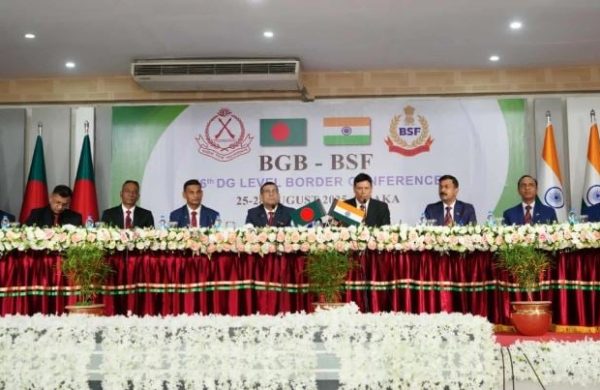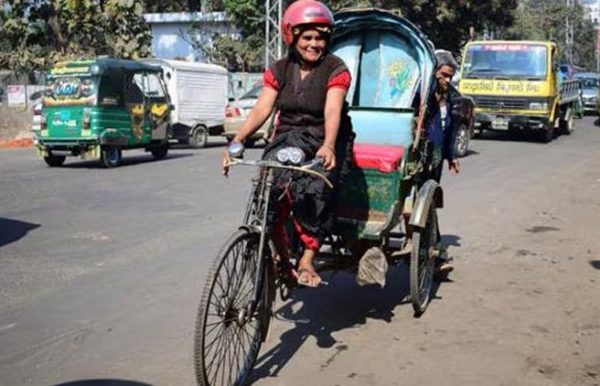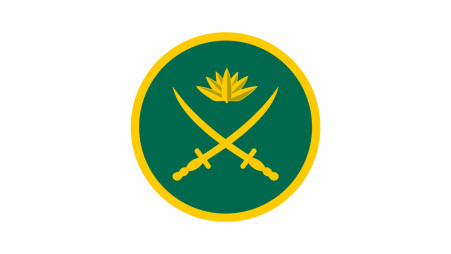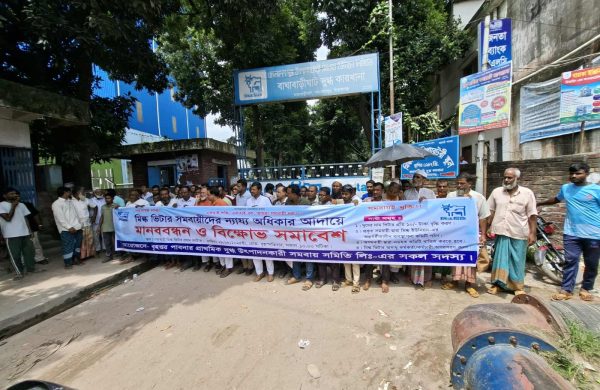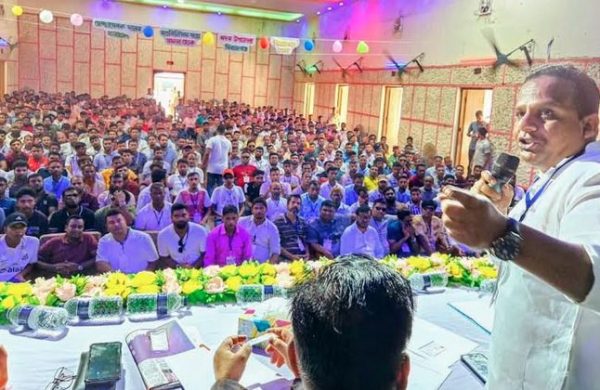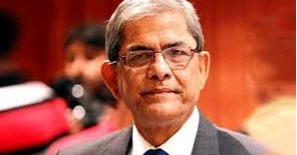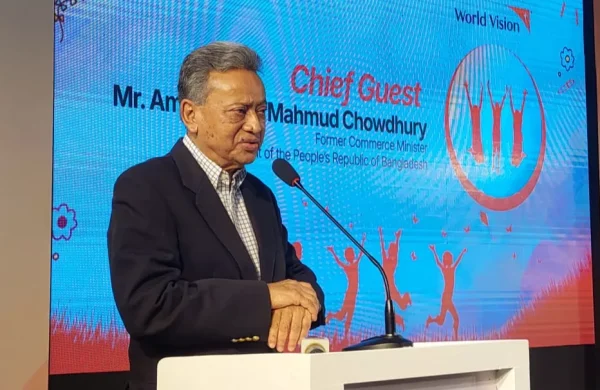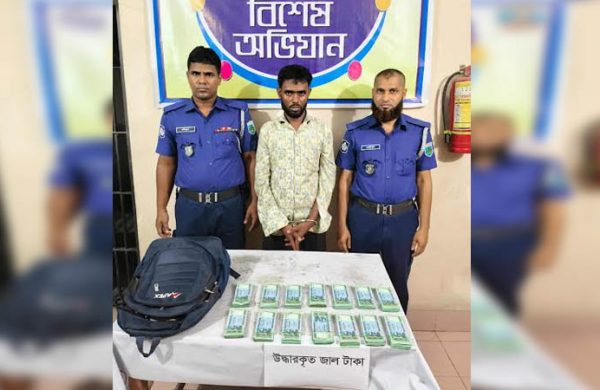Politics drives misinformation: 220 of 296 cases in July
- Update Time : Thursday, August 28, 2025

Staff Correspondent:
A new study has documented 296 instances of false or misleading information in July, with 220 of them linked to politics, making it the most dominant category of misinformation during the month.
According to the report released on Thursday, other forms of misinformation included 28 online hoaxes, 21 entertainment-related cases, 13 religious cases, 6 economic cases, 5 diplomatic issues and 3 environment-related claims.
The Centre for Governance Studies (CGS) released its monthly report on misinformation and disinformation in Bangladesh for July 2025, highlighting a decline in the overall volume of misinformation compared to the previous month.
In June, CGS recorded 324 incidents, whereas July saw a drop to 296.
The political share of misinformation, however, remained high, accounting for 78 percent in June (253 cases) and 74 percent in July (220 cases).
CGS also identified the primary victims or targets of these misleading narratives.
In July, the main targets were both domestic and international political figures (66 cases), followed by political parties (65).
Other targets included law enforcement agencies (41), celebrities (23), religion (12), public institutions (13), the interim government (10), private organizations (3), and religious figures (2). Besides, 61 cases had no specific target and were intended to create public confusion.
The report stressed that social media platforms continue to serve as the principal channels for spreading false information.
Of the 296 cases recorded in July, 289 originated from platforms such as Facebook, YouTube, TikTok, Threads, and X (Twitter). The remaining 7 were spread through online news portals.
Since November 2024, CGS has been monitoring misinformation and disinformation in Bangladesh, tracking the volume of false narratives circulated daily.
Based on this monitoring, CGS publishes a monthly statistical report, which is available on the country’s first dedicated misinformation-tracking website: www.factcheckinghub.com.
Commenting on the July findings, CGS President Zillur Rahman said the spread of political misinformation in Bangladesh has increased significantly since the July uprising.
“This poses a serious threat to democratic state-building. As a research organisation, CGS remains committed to combating misinformation, but the government and political parties must also adopt both collective and independent measures to address this growing challenge,” he said.




